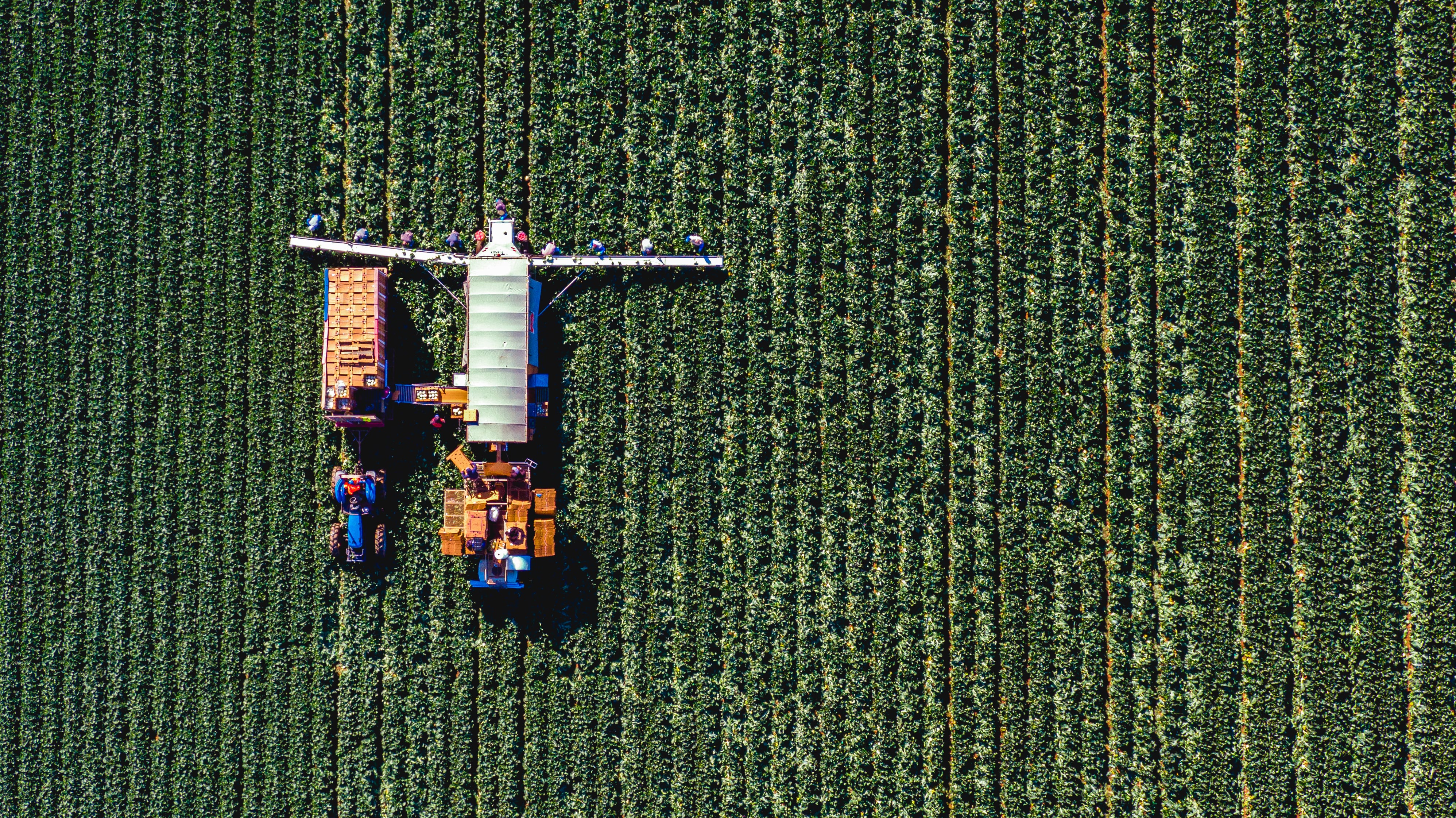Agtech venture capital funding has faced significant challenges over the past few years. There is a lot of pessimism and uncertainty among agtech venture capitals (VCs), limited partners (LPs) and the founders.
Over the past three years, global agtech and food tech venture capital funding has dropped by 70%. This decline is not just a sector-specific anomaly but part of a broader reset across the VC landscape.
The underlying causes are systemic: too many start-ups remained private for too long, IPO activity dried up, and LPs saw their returns stall, disrupting the entire venture fund cycle.
Within agtech, the funding boom focused on a few high-profile segments. At its $53 billion peak, 42% of sector investment flowed into segments like controlled environment agriculture/vertical farming and alternative proteins – areas that have since struggled to deliver on their early promise.
The fallout in these categories has been stark: in March 2025 alone, companies such as Benson Hill, FarmWise, Meati, and Plenty announced bankruptcies or major restructurings, highlighting the risks of over-hyped, underperforming ventures.
These failures have made investors more cautious. They are now prioritising proven business models and measurable impact over speculative bets. This shift is driving a recalibration of investment size, valuations and a more disciplined approach to due diligence.
Recent developments in agtech VC funding
As inflated valuations fade, we believe agtech is entering a new phase grounded in resilience, sustainability, and scalable impact. Although funding has become more selective – particularly for pre-revenue or deep-tech startups – we are observing renewed momentum, especially in emerging markets.
Some recent examples include:
- EF Polymer (Japan/India) secured $6.6m in the first close of their Series B to scale biodegradable polymers that help retain water and nutrients in soil.
- Eratani (Indonesia) raised $6.2m in Series A to digitise rice farming, offering the farmers credit, insurance, agronomic support and connections to farm input providers.
- GreenGrahi (India) secured $3.7m in a seed funding to expand their suite of offering around insect proteins and biological ag inputs.
- Puna Bio (Argentina) raised an undisclosed, pre-venture funding round from Corteva to further the development extremophile microorganism-based seed inoculants that boost crop yields by enhancing soil nutrient solubilization and nitrogen fixation.
- BioLumic (New Zealand) raised $8.3m in a Series B that offers ultraviolet light treatment on seeds and seedlings to enhance plant growth, vigor and yield without genomic alteration.
- UbiQD (US) has raised $20m in Series B funding to scale its quantum dot technology across agriculture and solar industries.
- Lavie Bio (Israel) was acquired by ICL for 18.75m. It offers microbiome-based bio stimulants aimed at enhancing agricultural productivity and sustainability.
- Growers Edge (US) raised $25m to expand its suite of risk management, capital access for growers and other fintech services to more ag retailers and lenders across the US.
Additionally, a few agtech-focused funds have raised fresh capital to back agtech start-ups. For example. SP Ventures (Brazil) recently announced the first close of its new fund backed by AGCO, Bidra, and others. National Farmers Union (US) launched a $25M Farmers Capital Fund to support agricultural innovation.
Regional shift in investment strategy
These deals signal more than just positive movement and highlight a few important trends.
First, they reflect a regional shift in investment strategy. Previously, funding was driven by Silicon Valley’s appetite for rapid scaling and disruptive potential.
Now, especially in emerging markets, the focus is on pragmatic solutions tailored to local agronomic, climatic, and economic realities. Investors are turning to these regions out of necessity and opportunity, not charity.
Asian agtech startups are quite active and no longer just testbeds; they are becoming innovation centers, with India leading in both deal volume and total investment (AgFunder, 2025).

Second, the recent Series A/B rounds for EF Polymer, Eratani, and BioLumic demonstrate a healthier calibration of funding size. While overall check sizes may be smaller than during the “boom” investment period, they are more appropriately matched to company maturity and market opportunity.
This reflects a healthier funding environment where valuations are grounded in fundamentals rather than hype. Although, investments in the US (e.g., UbiQD, Growers Edge) show higher average ticket sizes, indicating a more mature startup ecosystem compared to other regions.
Biologicals boom
Third, there is a growing investment focus on deep-tech and sustainability themes like soil health, biological treatment, and microbiome-based solutions (EF Polymer, GreenGrahi, Lavie Bio, BioLumic and Puna Bio). With chemical inputs facing environmental scrutiny, alarming rates of topsoil loss, and rising demand for carbon sequestration, biologicals are emerging as tools for regenerative agriculture.
Fourth, the emergence of both new and returning global agtech-focused funds showing an ability to raise fresh capital. These moves are a reminder that there is still LP conviction in the long-term potential of agtech, especially when aligned with more grounded, pragmatic investment theses.
What does the future hold for agtech?
In our understanding, the sector downturn is likely to persist due to macroeconomic headwinds caused by tariffs, trade wars, and all-time low farm incomes. As commodity prices fall, farmers are forced to tighten budgets, limiting their willingness to experiment with new technologies.
This environment slows the adoption of emerging tools, yet it also sharpens the focus on solutions that can prove their value. Segments like biologicals and value-added fertilisers could benefit if they can show clear return during tough times.
However, this is more than a temporary funding lull; it marks a fundamental shift in how agri-food innovation is built and financed. Based on recent momentum, agtech investors are showing a cautious yet optimistic outlook, favoring start-ups with robust business models that can withstand market volatility.
There is growing appreciation for companies that deeply understand local agricultural systems focus on data-driven business models, and can deliver targeted, impactful solutions on a large scale when they are ready to expand.
The need for practical, scalable answers to real-world problems
The recent agtech VC developments in the emerging markets also suggests that investors are becoming more discerning, directing capital to start-ups that offer practical, scalable answers to real-world agricultural problems.
The next wave of agtech innovation is likely to emerge from markets historically considered peripheral, as they demonstrate scalable, pragmatic solutions to global agricultural challenges.
For the start-ups, the key will be balancing innovation with implementation, and scale with sustainability.




